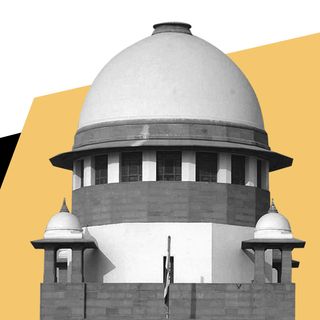The Jammu and Kashmir government on Saturday rounded up 168 Rohingya refugee men, women, and children, and incarcerated them in “holding centres,” in the Hiranagar sub-jail in Kathua. The move is a first step toward deportation of the Muslim refugees, who face genocide in their homeland, Myanmar.
A round-up of the Rohingyas had been in the works for at least a week, as prisoners and those under trial at the Hiranagar sub-jail in Kathua had been shifted to other jails.
“These immigrants were not holding valid passports required in terms of Section (3) of the Passports Act,” a senior government official told the Indian Express. “After sending them to the holding centres, nationality verification will be done as per the prescribed process,” and deportation would be initiated.
The Rohingya were not holding valid passports because they fled genocide in Myanmar, and Indian law — the Citizenship (Amendment) Act, 2019, (CAA), to be exact — prevents the Muslim refugees from obtaining Indian documentation, though it grants citizenship to Hindus, Sikhs, Christians, Buddhists, Parsis, and Jains who have migrated, even illegally, to India from neighboring countries. This, despite the Rohingya settlement in Jammu, particularly, dating to around 2012 and including many children born in India who have no ties to Myanmar or any other country.
Related on The Swaddle:
“The Refugee Definition Was Not Designed With the Experiences of Women in Mind”
Even prior to this targeting, Rohingya people have had a precarious existence in India, facing a lack of government support compounded by racism during the Covid19 pandemic.
It is not clear where the Rohingya people would be deported. In Myanmar, they would likely face death following the recent coup by the military, a key institution driving the genocide of the community. Bangladesh, at the forefront of the Rohingya influx from Myanmar, has refused to accept forcible returns of the people and is undertaking its own questionable process of moving Rohingya people to Bhasan Char, a newly-formed sediment island in the Bay of Bengal.
This may leave the Rohingya people in J&K, and potentially elsewhere in India, in permanent residence at the sub-jail, an incarcerated state that cannot be the solution to the crisis — even if it is mutually acceptable to the state.




